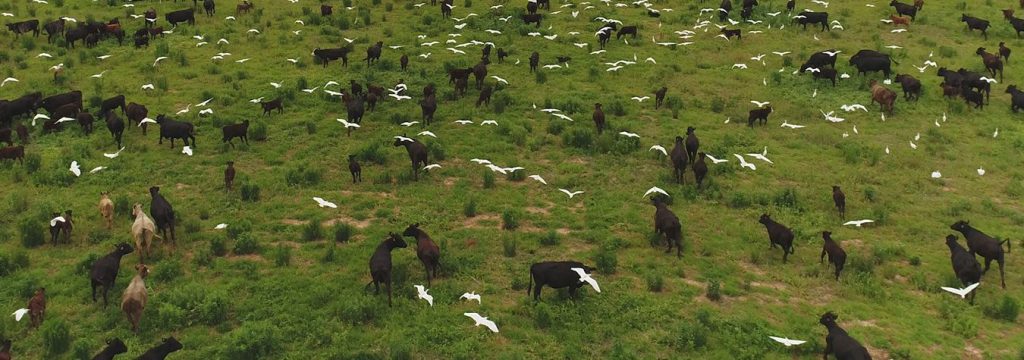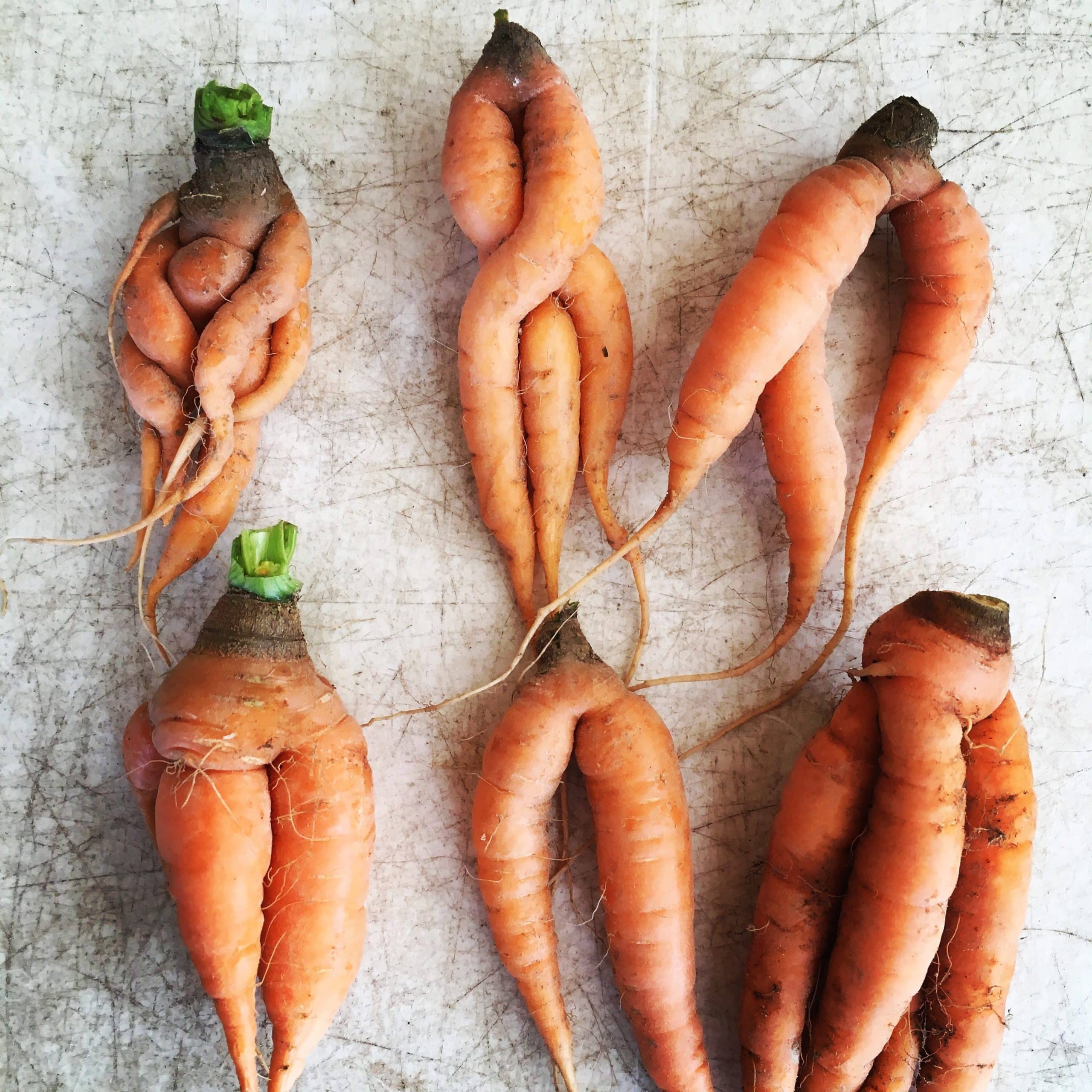You hear about it in the news all the time: MAJOR FOOD-BORNE ILLNESS STEMMING FROM MEAT INDUSTRY.
In one of the more recent examples, beef processing juggernaut, JBS USA, processed and packed over 12 million pounds of raw beef that were shipped around the country, leaving over 240 people in 26 states with the symptoms of food poisoning. Unfortunately, that strain didn’t die in the freezer.
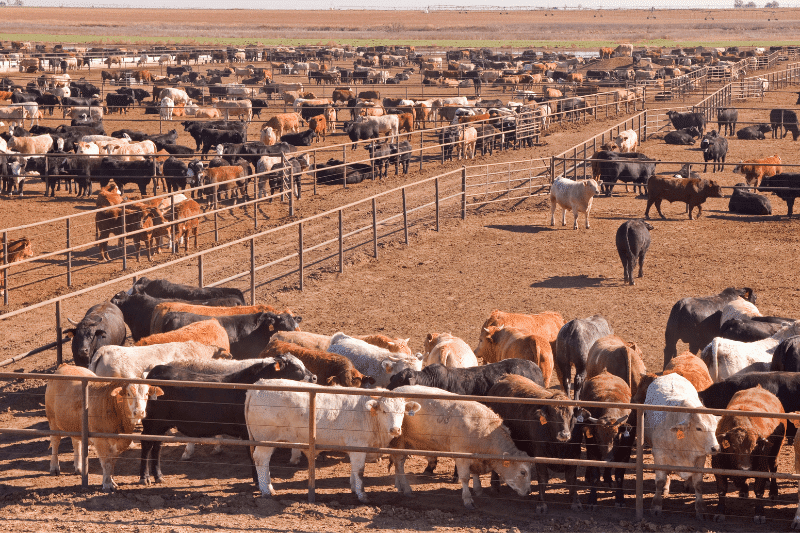
Though it seems appalling, this bacterial outbreak in the mass-produced meat industry is actually minuscule in comparison to other related incidents of the not-so-distant past. Remember the 2008 Westland/Hallmark Meat Co.’s recall on 143 million pounds of beef tainted by mad cow disease? Or maybe the 1997 recall on 25 million pounds of staph infected beef sold by Hudson Foods to Burger King? In 2002, it was ConAgra with a 19 million pound recall on E.coli-ridden beef. The list is longer and more sickening than it’s worth relaying.
Why does this keep happening?
When industrial agriculture complies with our culture’s demand for hyper-efficiency, farmers start focusing on maximizing outputs. What’s the cheapest way to get the most meat out of a cow? Feed it GMO’s! Keep it from moving around to maximize space! Pump it with lab-made steroids and hormones to bulk it up!
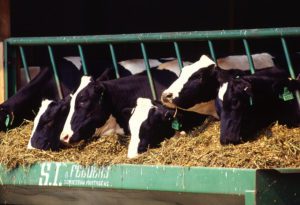
One of the side effects of this agriculture style is good old fashioned disease. Whether it’s a cow or a carrot, if you put lots of the same species in the same cramped space, disease will eventually overwhelm the mono-culture. So more antibiotics get loaded into the organism, leading to super-bugs and chemical resistant strains. It’s just a matter of time.
This system of agriculture, while by far the biggest in our country, is not the only way. Diversified farms that focus on natural pasturing of their animals don’t have to pump them with chemicals. They let nature take care of itself, and the result is healthy livestock living the way they were designed to live: in wide open spaces, grazing, and chemical-free.
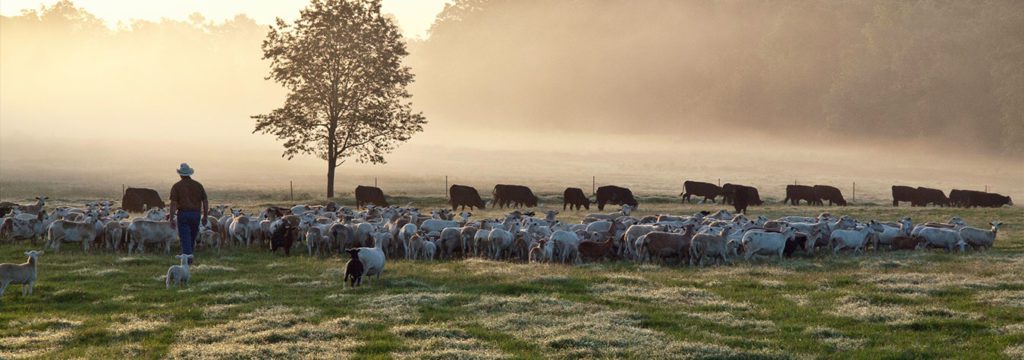
Georgia farms like White Oak Pastures in Bluffton, Hero Farms in Dublin, Wauka Meadows in Clermont, or Riverview Farm in Ranger, are doing things the right way. They employ transparent practices, inviting the scrutiny of regular open-ended visits from customers. They never use hormones, never use antibiotics, and their animals can be found in fields, not factories. As a weekly beneficiary of these farms, we are proud to be associated with this level of integrity, and we can rest well, knowing exactly where our food comes from. When you know your source, you never have to worry about what’s in your freezer.
